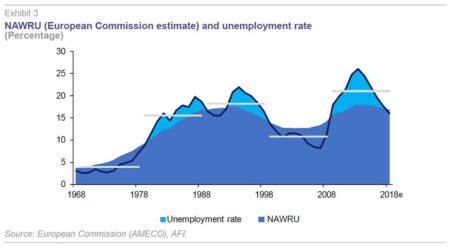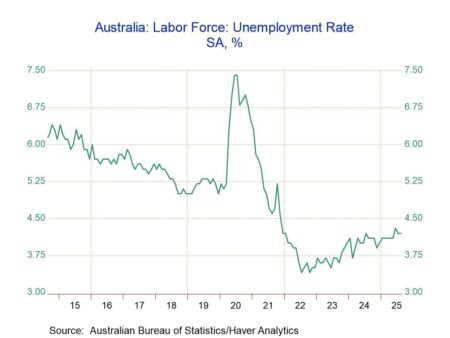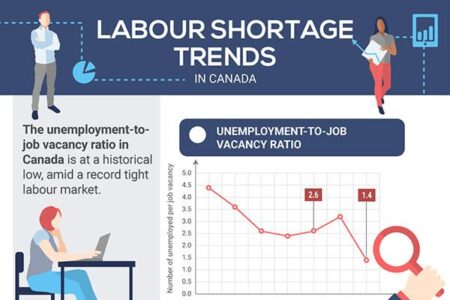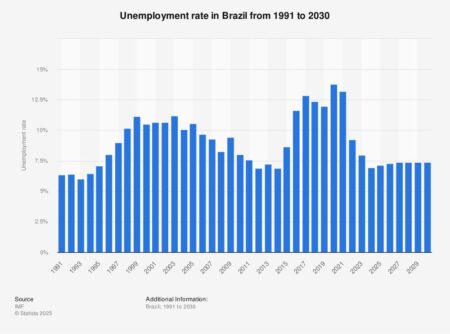Italy is facing a critical demographic crisis and an alarming brain drain, threatening the nation’s economic future, warns Bank of Italy Governor Ignazio Visco. With an aging population and a continuous outflow of young talent, the country risks slowing growth and losing its edge in innovation, he cautioned
Browsing: labor market
A new study reveals that Indians lead the pack as the highest earners among full-time employees in Germany, outpacing other major expatriate groups. This highlights the remarkable economic impact of the Indian workforce throughout the country
Taiwan’s government has issued an urgent alert to citizens about deceptive Japanese part-time job schemes targeting unsuspecting job seekers. Authorities urge everyone to stay alert and thoroughly verify any offers before accepting them to safeguard against financial scams
Brazil’s indexed minimum wage, adjusted annually to match inflation, is a powerful tool that safeguards workers’ purchasing power and fuels consumer spending. This dynamic system not only brings stability to the labor market but also serves as a vital shield against economic shocks, CEPR reveals
Canada’s latest jobs report delivered an unexpected boost in employment, dimming hopes for quick interest rate cuts. This robust labor market highlights the Bank of Canada’s careful approach amid ongoing inflation concerns
Italy is facing a critical skills shortage that’s putting the brakes on its renewable energy revolution. The scarcity of trained experts threatens to derail the nation’s ambitious sustainability goals, warns Materia Rinnovabile. Bridging this gap is crucial to fueling Italy’s green future
The U.S. is soaring high alongside Canada, the UK, Italy, Spain, and Germany in fueling a surge of airline job growth. However, new research reveals that federal furloughs and trade tariff challenges are now threatening to cloud the travel and aviation sector’s bright recovery
As the UK tightens immigration controls, rural Scotland is boldly opening its arms to foreign workers, directly addressing labor shortages in farming and hospitality. This dynamic approach seeks to breathe new life into local economies and overcome pressing demographic hurdles
Spain’s unemployment surged by 0.91% in October compared to September, driving the total number of jobless individuals to a staggering 2.44 million, according to TradingView data. This increase highlights the ongoing challenges and uncertainties gripping Spain’s labor market
Australia’s unemployment rate has surged to its highest point in four years, raising fresh concerns about the country’s economic future. To revive the struggling job market, the Reserve Bank of Australia is now considering a cut in interest rates
Factories proudly bearing the “Made in Argentina” label are closing their doors amid soaring costs and economic turmoil, deepening the challenges for President Milei’s administration as it battles to revive industry and restore economic stability, Reuters reports
Italy’s once-struggling south is bursting back to life as more workers return, igniting a dynamic revival in local economies and turning the tide on years of decline. Experts are now buzzing with optimism, envisioning a future filled with sustainable growth and renewed prosperity for the region
Japan is facing a growing labor shortage and urgently needs foreign workers to bridge the gap. However, rising far-right opposition is fueling resentment and resistance against immigration policies, making it increasingly challenging to address the country’s workforce needs
Canada’s job market took a thrilling leap forward in September, far surpassing analysts’ predictions with a powerful boost in new jobs. This impressive surge showcases the economy’s remarkable strength and resilience amid continuing global challenges
The UK has just boosted its Temporary Shortage List by adding 82 new occupations, creating fresh opportunities to ease the strain on the labor market. This update paves the way for migrant workers to thrive in vital fields such as health, engineering, and IT
Australia is boldly embracing international education as a game-changing workforce strategy, aimed at boosting skills and closing critical labor gaps. This innovative move promises to reshape the nation’s economic landscape, reports The Koala News
In Trump’s crackdown on H-1B visas, China is seizing a golden opportunity to attract the world’s brightest tech minds. As India faces new challenges, Beijing is boldly accelerating its quest to dominate the global talent landscape
Brazil has witnessed a remarkable plunge in unemployment, showcasing a powerful economic comeback. The latest figures from MercoPress reveal that key industries are booming with job creation, sparking fresh hope and excitement for the future of the nation’s workforce
More Australians are choosing to work well into their 70s, fueled by shifting attitudes toward retirement and growing financial needs. A Bloomberg.com report highlights this exciting trend of extended careers sweeping across the nation
Rising inflation and climbing unemployment rates are raising new alarms for Europe’s largest economy. Experts warn that these mounting challenges could slow growth and fuel greater uncertainty in the months ahead




















